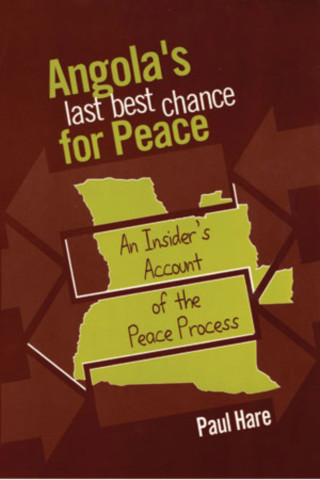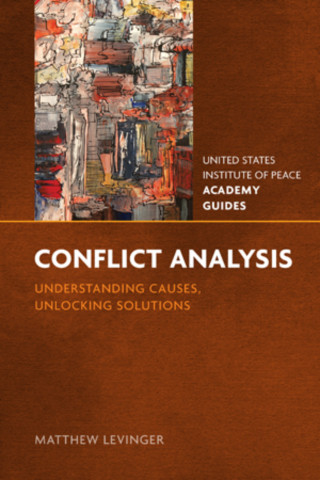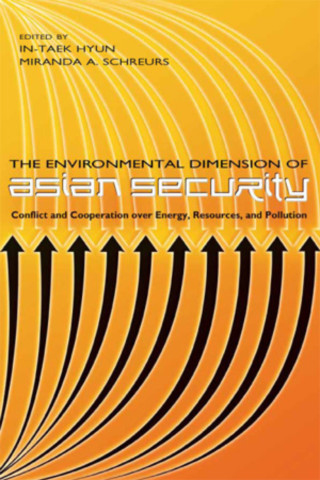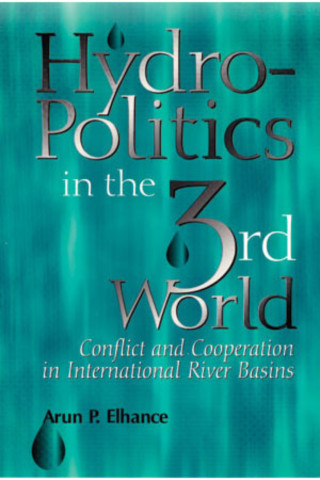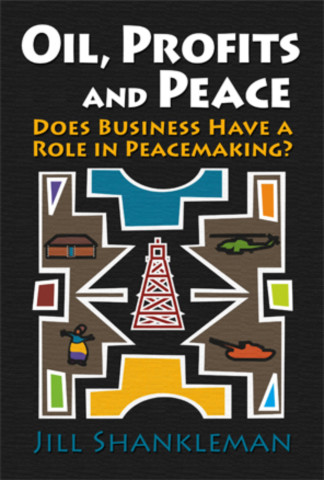Catalog
- Sort by
A behind-the-scenes account of the negotiation and implementation of the 1994 Lusaka Protocol.
Conflict Analysis: Understanding Causes, Unlocking Solutions is a guide for practitioners seeking to prevent deadly conflict or mitigate political instability. This handbook integrates theory and practice and emphasizes the importance of analyzing the causes of peace as well as the causes of conflict. It stresses that conflict analysis is a social as well as an intellectual process, helping practitioners translate analysis into effective action.
Examines a host of critical environmental and resource issues through a “regional environmental security complex” that explores the potential for greater intersubjective understandings of regional environmental and natural resource problems and greater institutional collaboration and management.
With more than 50 percent of the world’s landmass covered by river basins shared by two or more states, competition over water resources has always had the potential to spark violence. And growing populations and accelerating demands for fresh water are putting ever greater pressures on already scarce water resources.
In this wide-ranging study, Arun Elhance explores the hydropolitics of six of the world’s largest river basins. In each case, Elhance examines the basin’s physical, economic, and political geography; the possibilities for acute conflict; and efforts to develop bilateral and multilateral agreements for sharing water resources.
The case studies lead to some sobering conclusions about impediments to cooperation but also to some encouraging ones—among them, that it may not be possible for Third World states to solve their water problems by going to war, and that eventually even the strongest riparian states are compelled to seek cooperation with their weaker neighbors.
An evenhanded and insightful picture of the obstacles, fiscal incentives, and growing potential for Western oil companies to ameliorate or even prevent conflict in the areas where they operate.

